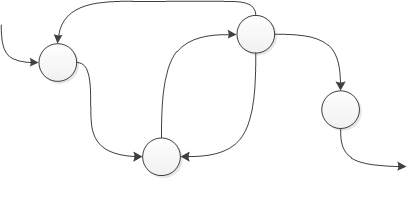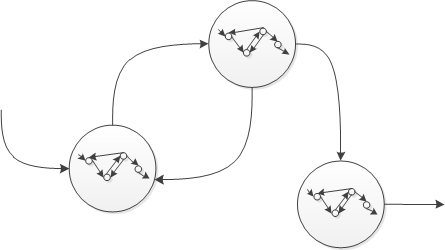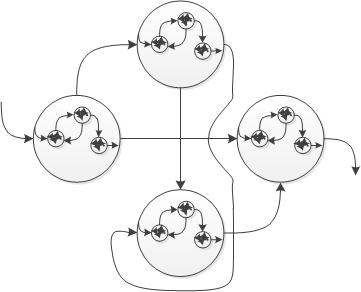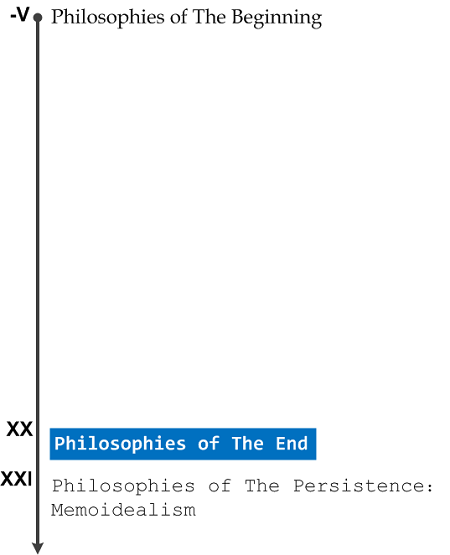Information as Arrow
Thursday, April 24th, 2014In Memoidealistic ontology based on category theory arrows between objects (normal category), between categories (functor) and between arrows themselves (2-category) can serve the definition of information which is traditionally based on set theory. All this can be generalized further to natural transformations, n-categories and beyond bringing the notion of information to even higher realms. We call such information as in-formation to outline it as a process as well. All this new interpretation is illustrated on the picture below and we provide more elaboration later on:

- Dmitry Vostokov - Memoriarch @ MemoryReligion.com -



